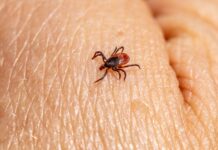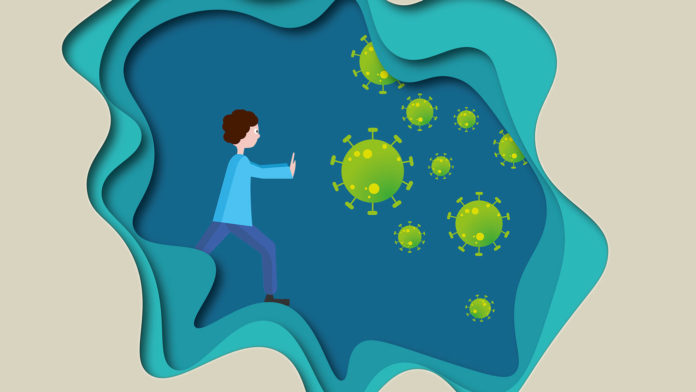All eyes are on recently released clinical trial results for COVID-19 vaccine candidates from Pfizer/BioNTech and Moderna. Both of these candidates are reporting ~95 percent efficacy, which is much higher than the bar of 50 percent that was set by the Food and Drug Administration as the minimum they would consider for approval in the United States.
This is great news, and this work was truly completed in record time. Both Pfizer/BioNTech and Moderna used an mRNA-based strategy for their vaccine designs, an approach that is remarkably fast, but has no precedent in the market.
These technologies may become the first in their class to be approved for clinical use, and Vancouver-based Acuitas Therapeutics played a key role in the Pfizer/BioNTech success story.
mRNA is a messenger molecule used to encode the instructions for proteins — the molecular workhorses of biological systems. In the case of these vaccines, the mRNA encodes part of the spike protein that sticks out from the surface of the SARS-CoV-2 coronavirus, giving its signature crown-like appearance.
If we can get those instructions into our cells by delivering the mRNA sequence, those cells can become biological factories that produce the spike protein themselves. This bypasses the need to make and purify those proteins for more conventional vaccine approaches, a process that can take many weeks to perfect; by contrast, any custom mRNA sequence can easily be made by chemical synthesis.
After vaccination, our bodies can mount an immune response to exposure to the spike protein, giving them the tools to fight a future infection.
But how do these technologies deliver mRNA to cells?
That is a big hurdle that Acuitas Therapeutics is helping address. The Pfizer/BioNTech vaccine candidate couldn’t work without it.
mRNA is fragile and can quickly be broken down after injection. It’s also a large molecule that would have trouble making its way into cells so that its instructions can be read.
Acuitas Therapeutics lent its deep expertise in lipid nanoparticle (LNP) formulations to assist with mRNA delivery. The LNP acts like a protective shell that keeps the mRNA payload stable, and the exact chemistry of the lipids is also key to cell delivery.
Capitalizing on decades of research in this field based on work at the University of British Columbia, the team had over 200 novel lipids ready in their toolkit to help them customize a delivery system. Their LNPs have neutral charge in the blood, but upon cell entry and natural changes in pH, they switch to a positive charge to deliver the mRNA to the molecular machinery that then produces the SARS-CoV-2 spike protein.
Scientists have been working around the clock to deliver on COVID-19 vaccines, and existing groundwork helps accelerate their efforts. All of these pieces came together through global collaborations, working towards a common goal. The approval process is about to begin for several late-stage vaccine candidates, marking another exciting milestone towards bringing the pandemic under lasting control.





































